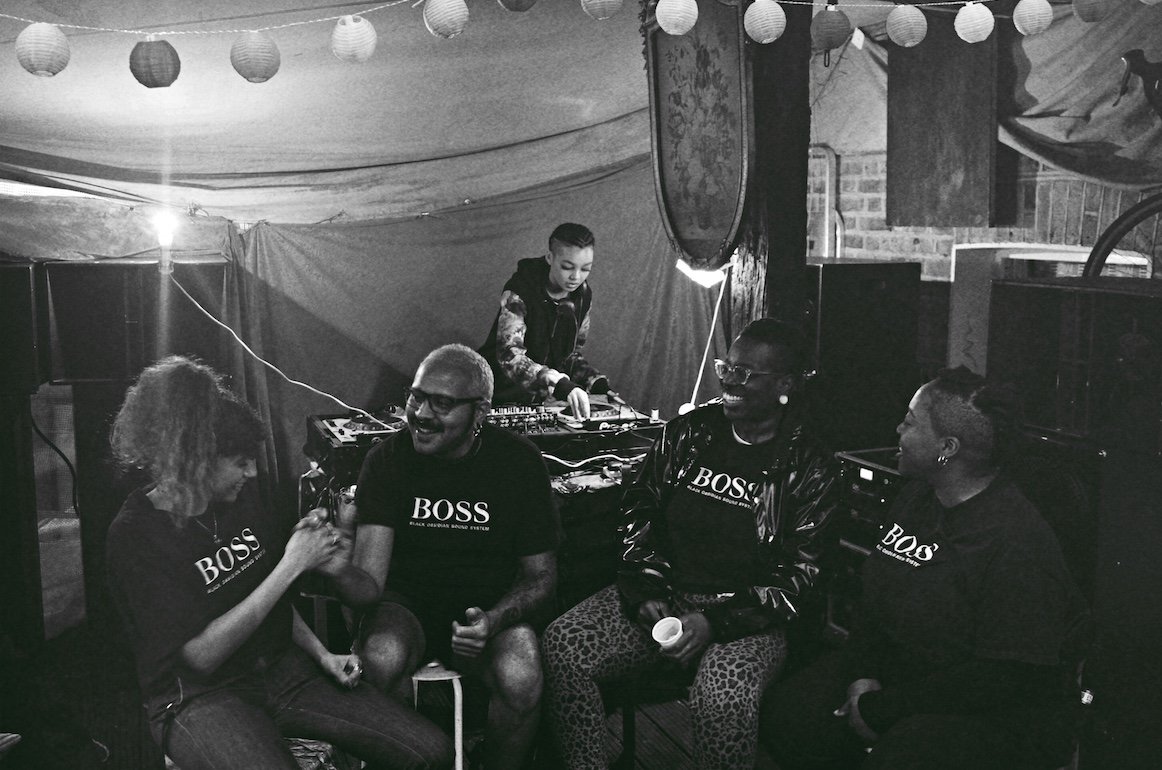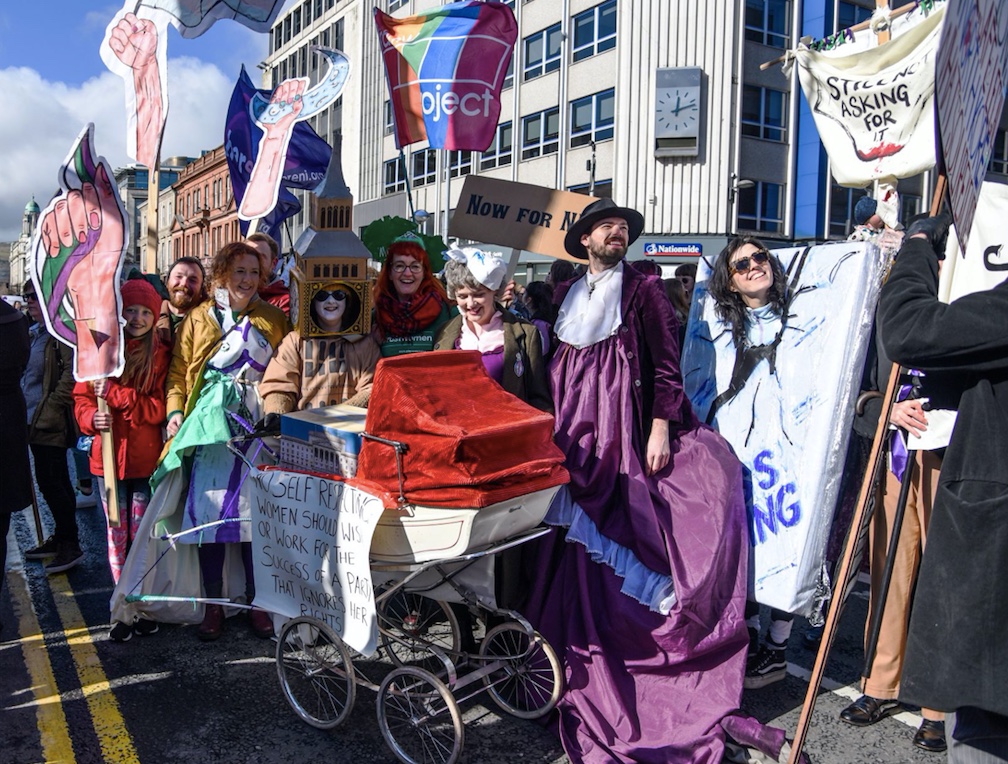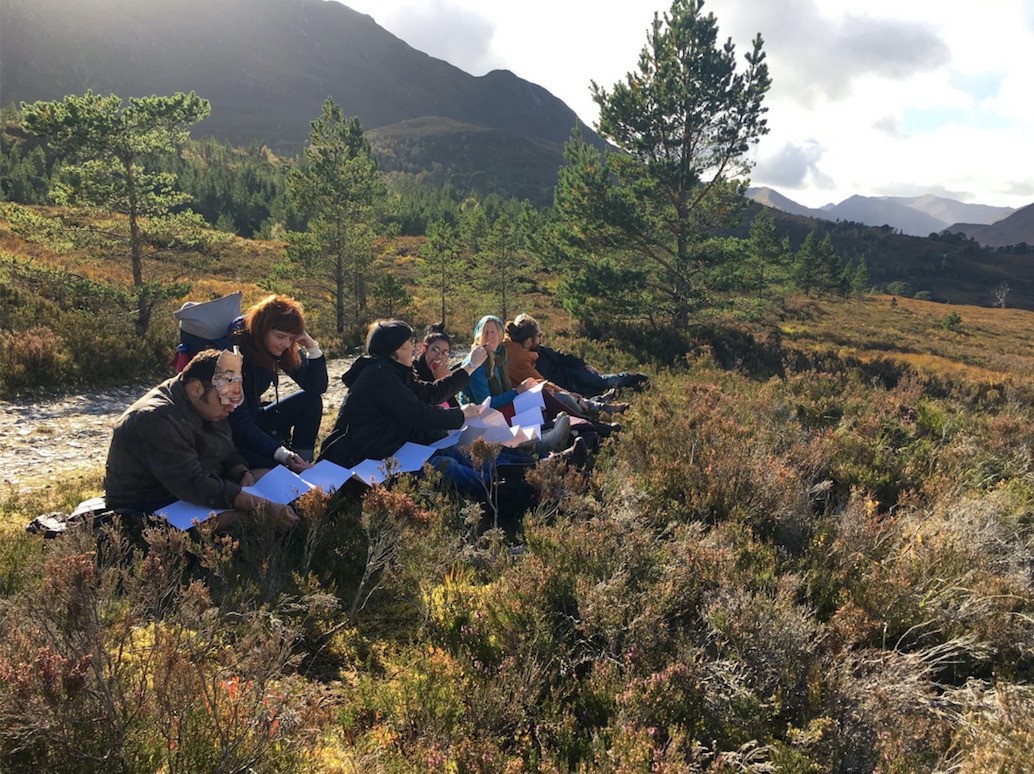
A queer Black party night nominated for the Turner Prize say the manner of their shortlisting is ‘extractive and exploitative.’
Black Obsidian Sound System, a London-based collective that fuses discos with activism and art, is one of five collectives nominated for Britain’s biggest art award. Also nominated for the award are Array Collective, Cooking Sections, Gentle/Radical and Project Art Works.
‘The urgency with which we have been asked to participate, perform and deliver demonstrates the extractive and exploitative practices in prize culture, and more widely across the industry’, they write.
Each of the nominated groups receive £10,000 and an invitation to show at the shortlist exhibition, this year held at the Herbert Art Gallery & Museum in Coventry, with the eventual winner taking an additional £25,000.
The collective makes its sound system available for rent or use by community groups, as well as staging its own nights and DJ workshops. In 2019 the group made a short film titled Collective Hum, which featured overlapping voices and the babble of group interviews, meetings and events to soundtrack images of the ‘collective bodies, kinaesthetic experience and gestural language’ of sound system culture.
In a statement the group said: ‘Whilst we are grateful for the recognition for our work as a collective, it is important for us to name some of the inconsistencies as we observe them.’
‘Arts institutions, whilst enamoured by collective and social practices, are not properly equipped or resourced to deal with the realities that shape our lives and work. We see this in the lack of adequate financial remuneration for collectives in commissioning budgets and artist fees, and in the industry’s in-built reverence for individual inspiration over the diffusion, complexity and opacity of collaboration.’
This is the first time the shortlist has been made up entirely of collectives or duos, though previous years have seen the Otolith Group and Forensic Architecture nominated. In 2015 architecture practice Assemble won the award. It is also the first time since 1989 that the shortlist has featured five names not four.
The statement by Black Obsidian Sound System went on to raise various grievances against Tate, the prize organiser, highlighting an ongoing labour dispute over redundancies at the museum’s commercial arm and the fallout from its relationship with patron Anthony d’Offay. ‘We understand that we are being instrumentalised in this moment,’ they write.
The other nominees are Cooking Sections, a partnership between Daniel Fernández Pascual and Alon Schwabe that uses installation, performance and video to investigate the connections between food, farming, art, ecology and geopolitics. At Salt Beyoğlu in Istanbul they are currently exhibiting the latest iteration of their ongoing Climavore project, which since 2015 has explored diet and climate change. ‘Different from carnivore, omnivore, locavore, vegetarian, or vegan diets, what defines Climavore is not the ingredients but the infrastructural responses to climatic events’ they say.

Likewise, Cardiff-based Gentle/Radical push the definition of what might be considered art making, their group involving community workers, performers, faith practitioners, writers and others to stage community events. Recent activities include Doorstep Revolution, an ongoing project to share neighbourhood stories during lockdown; and the Gentle/Radical Film Club, a pop-up cinema. The work by Array Collective, who are from Belfast, use performances, protests, exhibitions and events to address Northern Irish issues. The jury ‘commended the way Array Collective fuse seriousness with humour, and address contemporary issues using ancient folk imagery.’
Project Art Works is a collective of neurodiverse artists and makers based in Hastings. Recent projects include the film Illuminating the Wilderness (2019), which follows members of the collective with their families and carers as they explore a remote Scottish glen. Last year ruangrupa invited the collective to be a partner in the Indonesian group’s forthcoming Documenta and in 2020 three films by the Project Art Works artists were nominated for the Film London Jarman Award.

Last year, given that very few exhibitions were able to open, the prize money was used to fund grants. The previous year the four nominated artists, Tai Shani, Lawrence Abu Hamdan, Helen Cammock and Oscar Murillom asked that they were declared joint winners.
This year the jury, who compiled the shortlist and will judge the eventual winner, features Aaron Cezar, director of the Delfina Foundation, London; Kim McAleese, programme director of Grand Union, Birmingham; Zoé Whitley, director, Chisenhale Gallery, London; and the actor and collector Russell Tovey.
This article has been updated to include Array Collective’s nomination